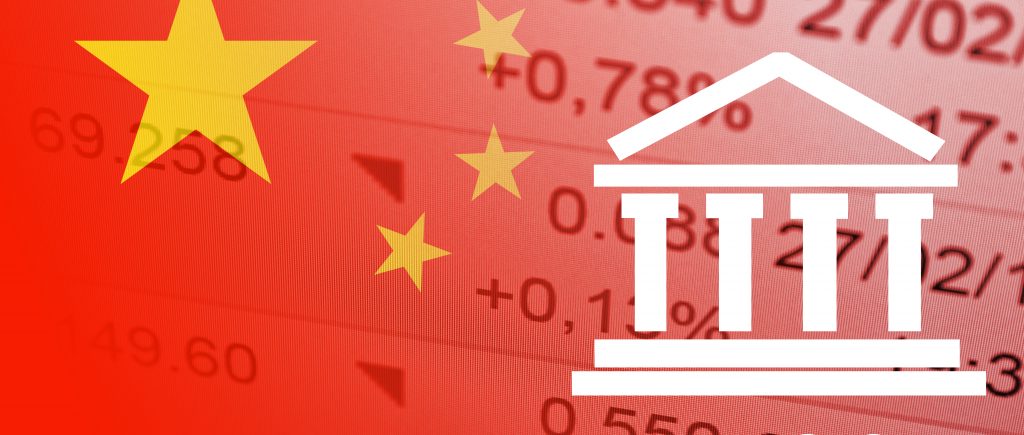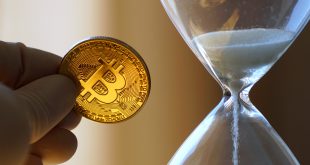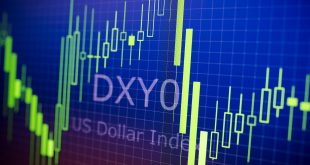President Xi Jinping ordered the central bank of China to start trading central government bonds; nevertheless, the bank is poised to exercise caution to minimize unanticipated effects on inflation and the exchange rate. The bank aims to avoid perceived heavy-handedness or quantitative easing, avoid large-scale intervention into the bond market, and take inflation forecasts and foreign currency rate impacts into account.
Xi asked the PBOC to progressively boost the purchasing and selling of central government bonds on the secondary market, a move that has not been made in more than 20 years, during the twice-a-decade financial work conference held last October, stoking hysterical rumours about a drastic loosening of monetary policy.
The flood of speculation coincides with a period of skepticism among observers regarding China’s ability to meet its economic growth target of 5% this year while also refreshing the weaker than usual private sector, resolving a real estate market crisis, and managing the substantial debt loads of local governments.
The macro policy tone in 2024 will be supportive but modest in scope. Xi also emphasized the need of deleveraging and the necessity of avoiding financial risk. The central bank will trade government bonds again, but with more caution this time around, considering the influence on foreign exchange rates and inflation forecasts.
Since the US Federal Reserve started gradually raising interest rates, China has been dealing with capital outflows. This has also caused the Chinese currency’s exchange rate with the US dollar to decline, a tendency that has been made worse by worries about the slow pace of the country’s economic growth. The central bank’s purchase of government bonds is not equivalent to QE, particularly given that China’s central bank still retains ample room for normal monetary policy operations, quantitative easing is far from applicable.
Beijing has not flooded the market with cash in an attempt to avoid the kind of unfavourable spillovers that came with its last round of aggressive stimulus in 2009 and 2010, namely industrial overcapacity. To spur growth and maintain the economy’s upward trajectory, it is now looking to the inventive and high-tech sectors.

 Noor Trends News, Technical Analysis, Educational Tools and Recommendations
Noor Trends News, Technical Analysis, Educational Tools and Recommendations




